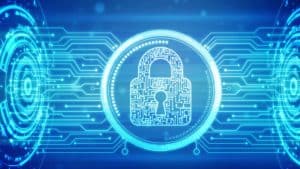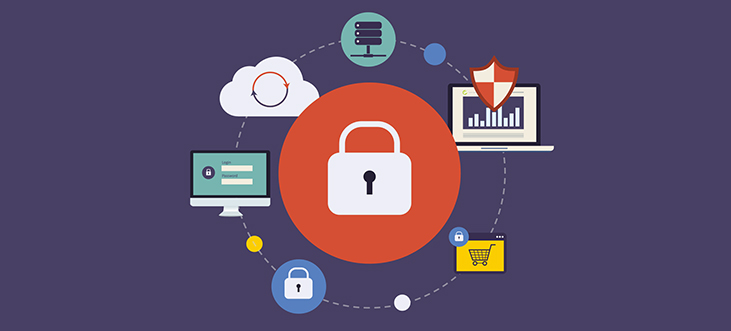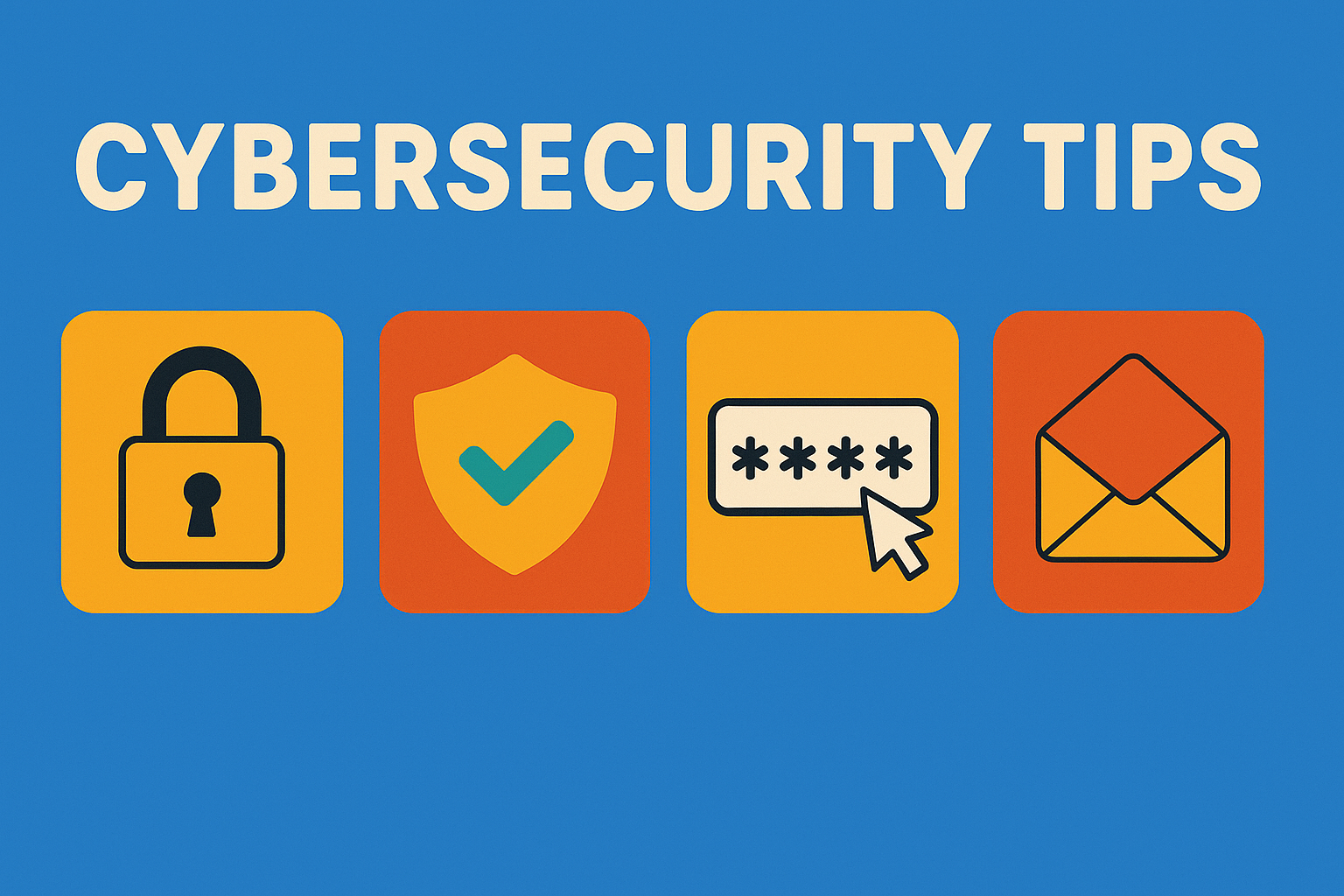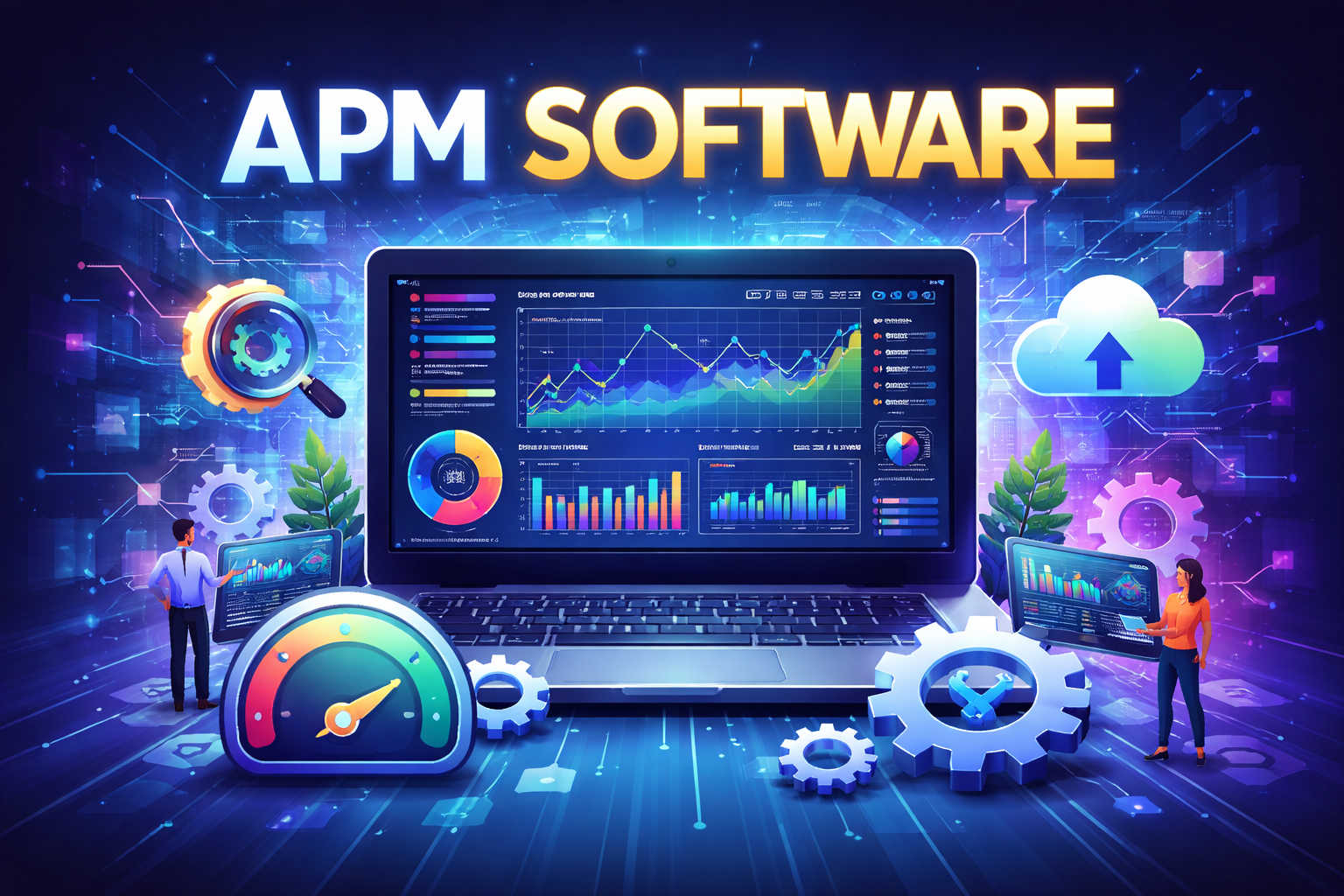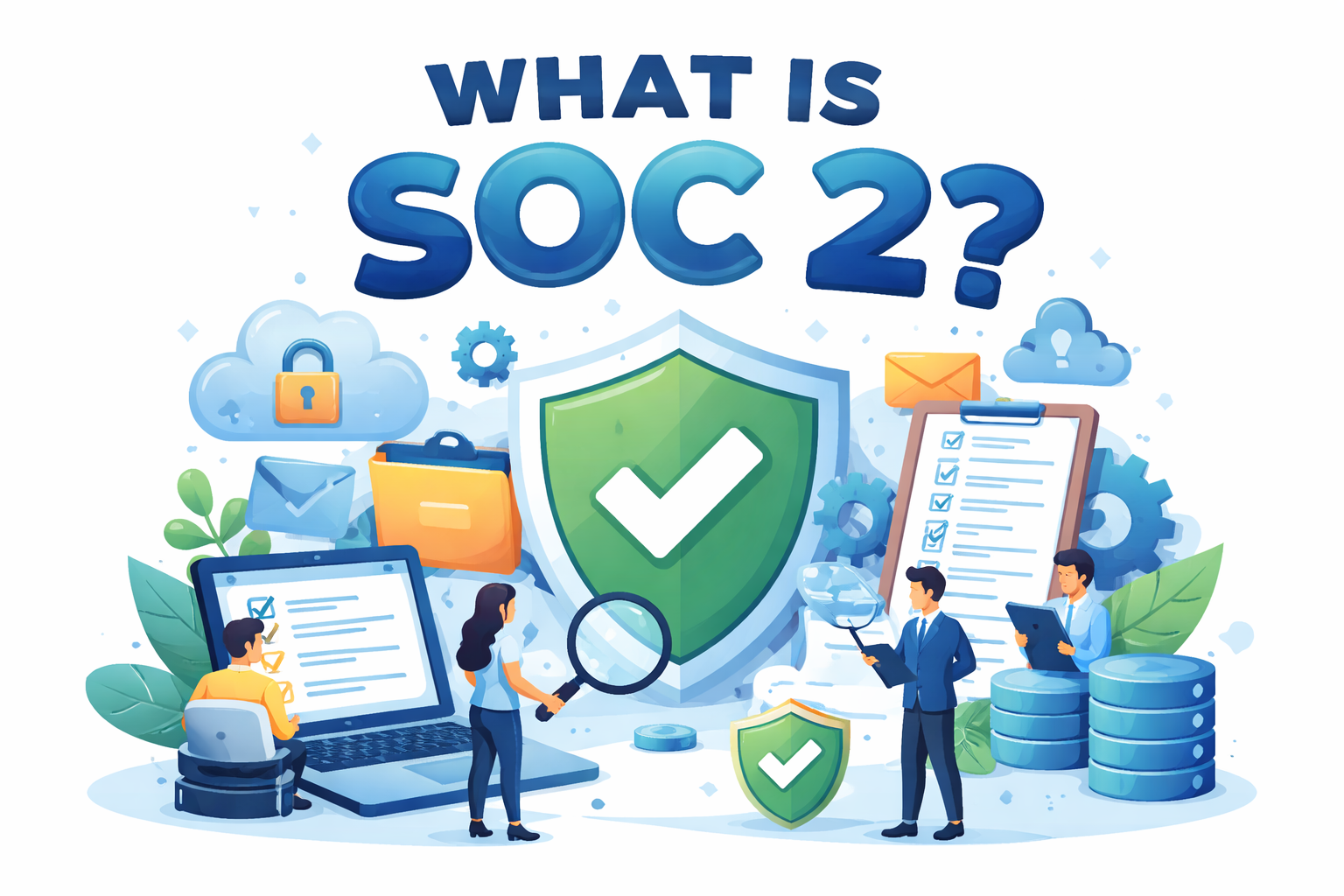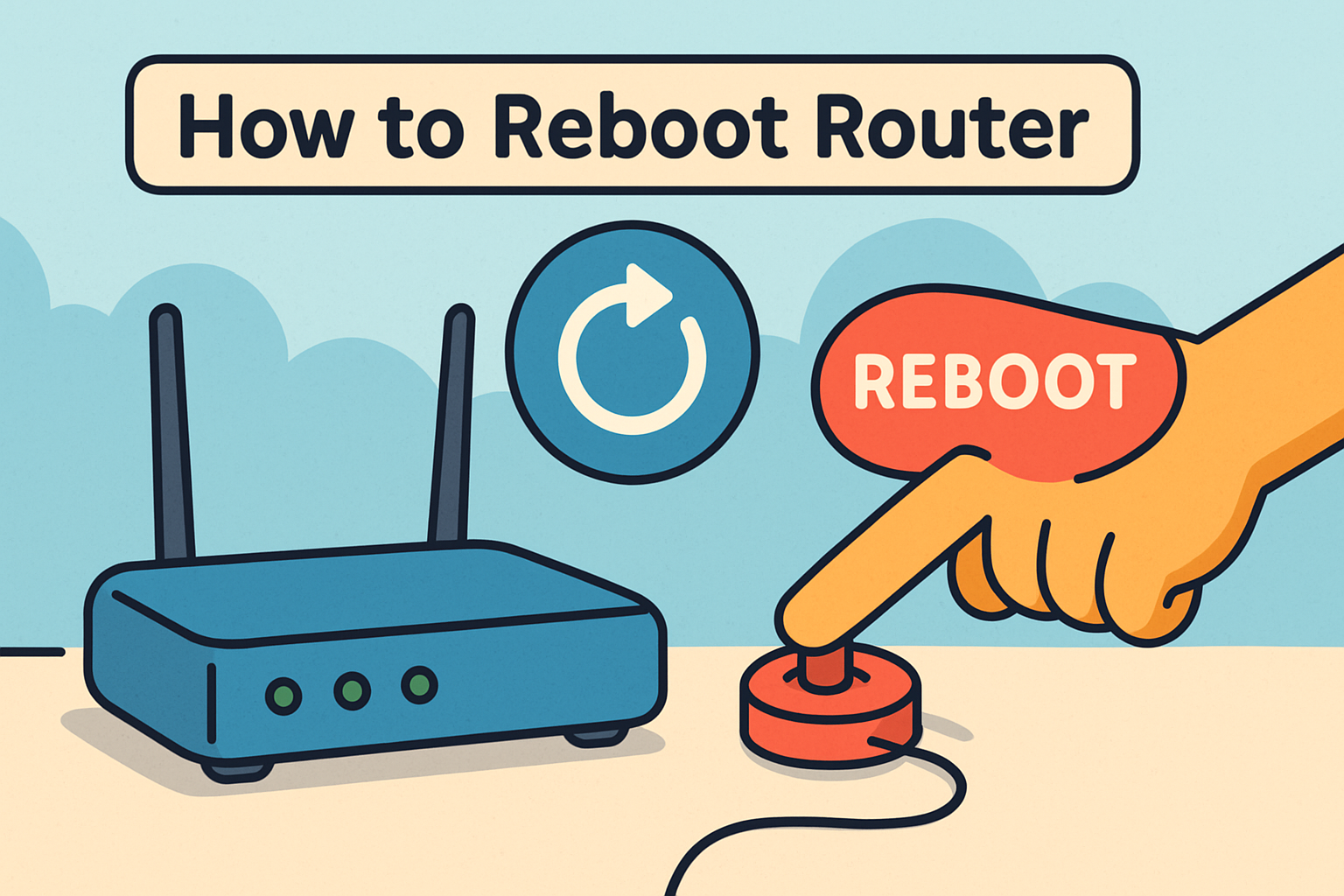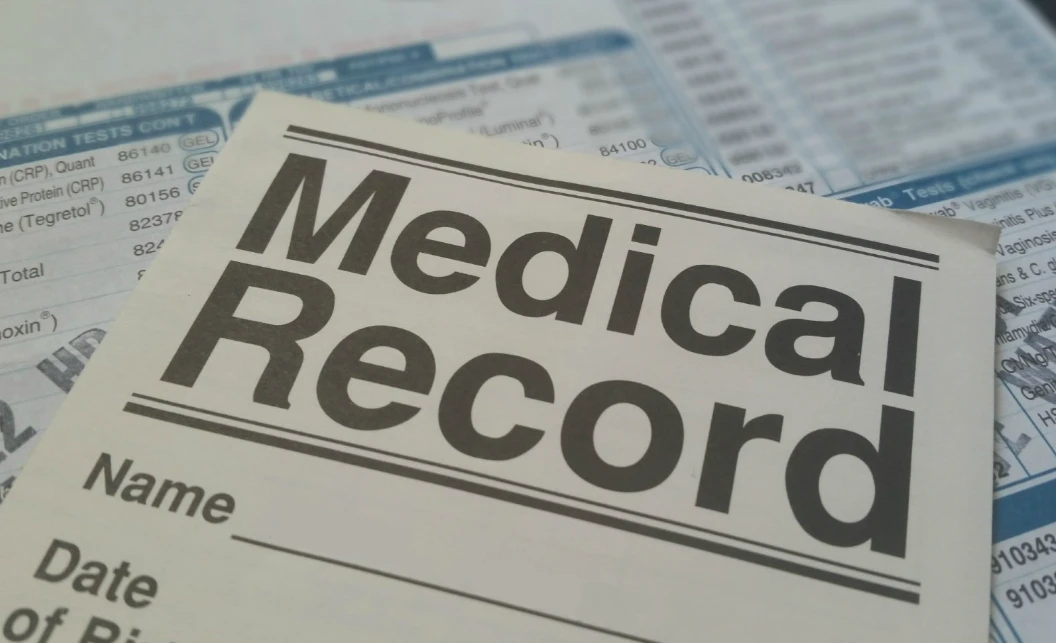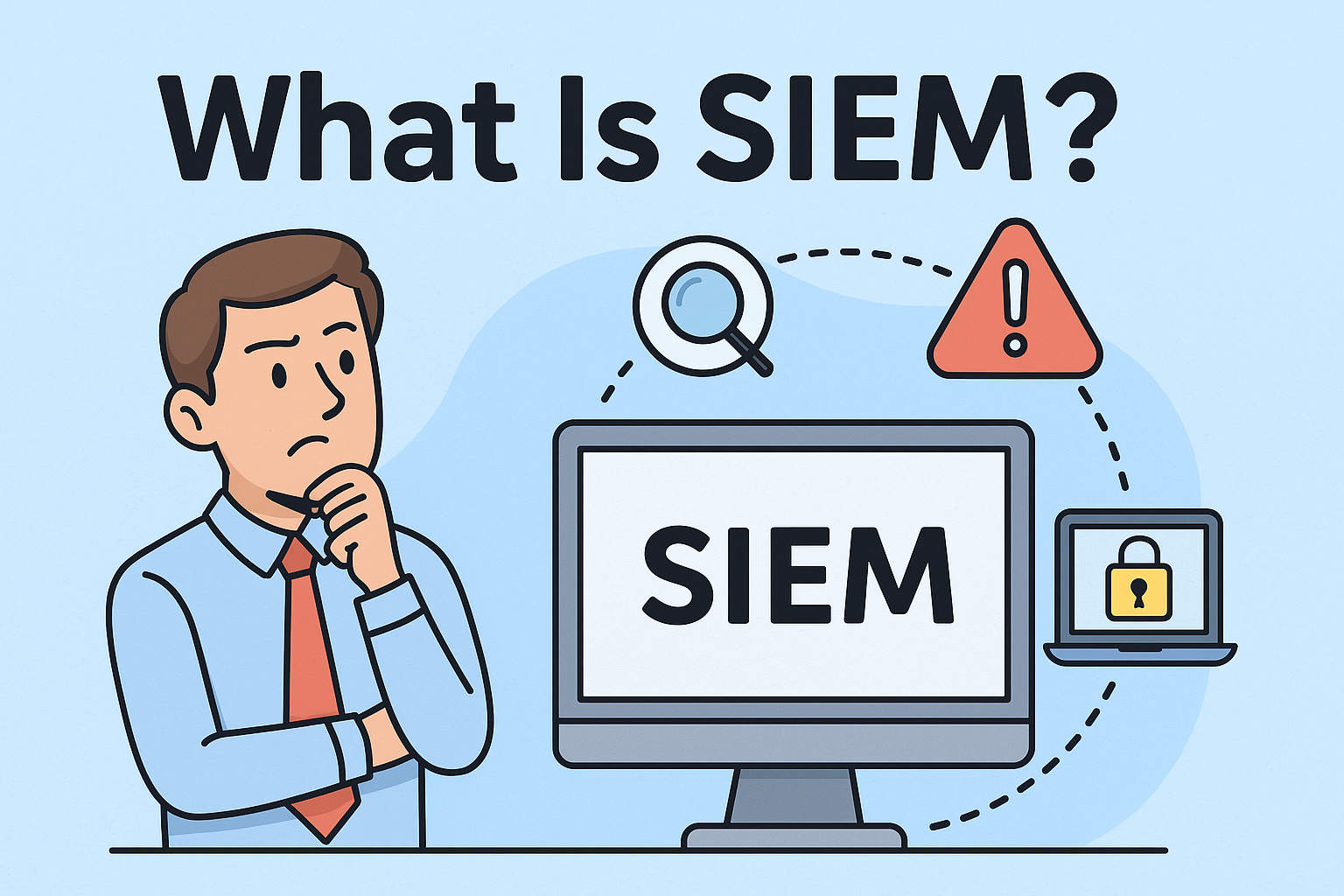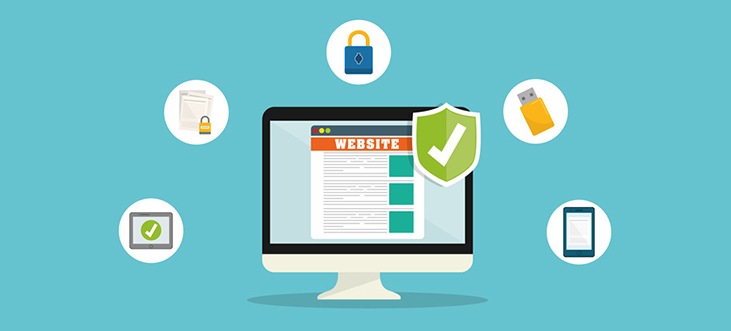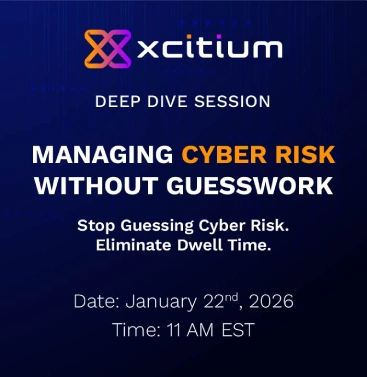What Does ERP Mean? Understanding the Backbone of Modern Business
Updated on July 16, 2025, by Xcitium
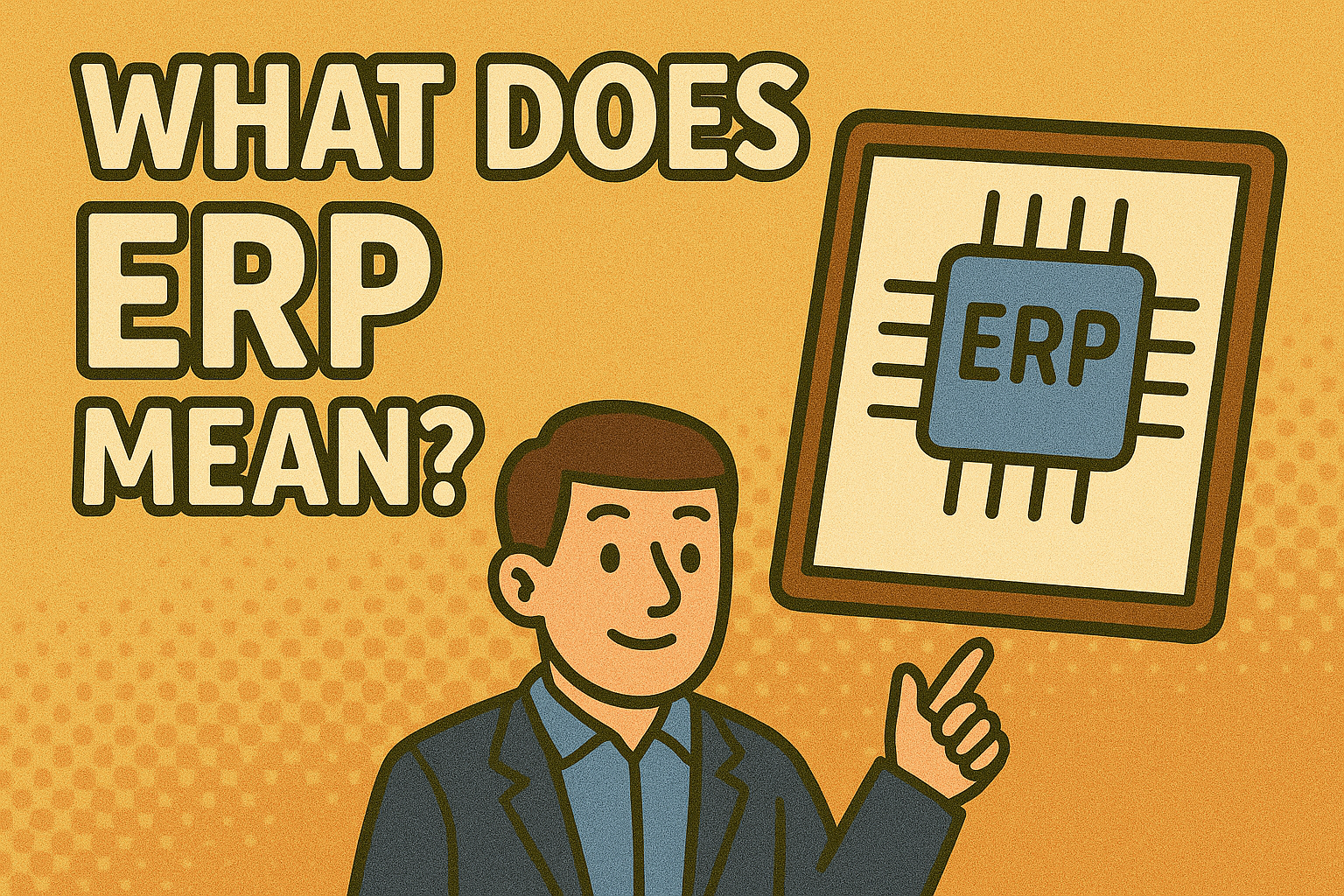
Have you ever wondered what does ERP mean and why it’s so essential to businesses today? If you’re in IT, cybersecurity, or executive leadership, understanding ERP is crucial for operational efficiency, compliance, and security.
ERP, short for Enterprise Resource Planning, is the backbone that integrates core business functions into one seamless system. From inventory to accounting, ERP systems help organizations run smarter and leaner—but what does that look like in practice?
This article will answer that question while exploring real-world ERP system examples, how ERP works, and why it matters for industries focused on security and performance.
What Does ERP Mean in Business?
At its core, ERP (Enterprise Resource Planning) refers to a type of software that unifies various business processes into a centralized platform. Instead of using separate tools for HR, finance, supply chain, and CRM, ERP connects all departments through one system.
Key Functions of ERP in Business:
- Finance & Accounting: Automates invoicing, payroll, and audits.
- Supply Chain Management: Tracks inventory, procurement, and logistics.
- Human Resources: Manages recruitment, onboarding, and employee records.
- Customer Relationship Management (CRM): Consolidates sales, customer data, and support.
- Compliance & Security: Ensures regulatory standards and data integrity.
In business terms, ERP is not just software—it’s a strategic asset that drives visibility, efficiency, and growth.
ERP Full Form and Its Evolution
ERP full form: Enterprise Resource Planning.
ERP started as a tool for manufacturing in the 1960s (then known as MRP – Material Requirements Planning). Over the decades, it evolved into comprehensive systems used across all industries.
Milestones in ERP Evolution:
- 1960s-70s: MRP systems emerge for inventory control.
- 1980s: MRP II introduces production planning and scheduling.
- 1990s: ERP systems become holistic, integrating finance, HR, and supply chain.
- 2000s-present: Cloud-based and AI-enhanced ERP platforms offer real-time analytics and scalability.
Modern ERPs integrate seamlessly with cloud environments, making them ideal for today’s remote and hybrid teams.
What Is ERP and How Does It Work?
ERP works through a shared database and a modular structure. Each module corresponds to a business function (like HR or finance), and all modules feed into a central data hub.
How ERP Works:
- Centralized Data Repository: Reduces data silos.
- Real-Time Processing: Updates happen across departments instantly.
- Automated Workflows: Reduces manual input and human error.
- Customizable Dashboards: Visualize KPIs and operations in real-time.
Benefits of ERP Integration:
- Increased productivity
- Lower operational costs
- Better decision-making
- Enhanced security posture
With ERP, you get a 360-degree view of your business operations, ideal for CEOs, IT managers, and cybersecurity leaders.
ERP System Examples Across Industries
Understanding ERP system examples helps contextualize its role across sectors.
Manufacturing:
- SAP ERP: Handles complex supply chains and production lines.
Healthcare:
- Oracle NetSuite: Supports compliance and patient data tracking.
Retail:
- Microsoft Dynamics 365: Manages inventory, sales, and customer experience.
Education:
- Workday: Offers student record management, HR, and financial operations.
Each ERP is tailored to industry needs, integrating security, compliance, and efficiency.
What Is an ERP System in Accounting?
In accounting, ERP systems automate and centralize financial data, ensuring compliance and reducing errors.
Key Accounting Functions in ERP:
- General ledger & journal entries
- Accounts payable/receivable
- Asset management
- Tax reporting & audit trails
Security Advantages:
- Role-based access controls
- Real-time alerts for suspicious transactions
- Data encryption & secure backups
In sectors like fintech or healthcare, an ERP can ensure compliance with regulations such as SOX, GDPR, and HIPAA.
ERP and Cybersecurity: A Crucial Connection
For cybersecurity professionals, understanding ERP is vital.
ERP Security Concerns:
- Data breaches from poorly managed access
- Insider threats through shared credentials
- Vulnerabilities in third-party integrations
Best Practices for ERP Security:
- Use multi-factor authentication (MFA)
- Regularly patch and update ERP modules
- Monitor ERP login activity logs
- Implement least privilege principles
Your ERP system is a treasure trove of sensitive business data—protecting it is non-negotiable.
ERP Login: User Access and Management
ERP login mechanisms determine how securely users access the platform.
What Makes ERP Login Secure?
- Strong password policies
- SSO (Single Sign-On) for centralized access
- Conditional access policies (based on location, device, etc.)
- MFA implementation
Educating users on proper ERP login procedures minimizes the risk of credential compromise.
Choosing the Right ERP for Your Business
When selecting an ERP, consider:
- Business Size & Complexity
- Cloud vs. On-Premise Deployment
- Integration Capabilities
- User-Friendliness
- Security Features
Engage all stakeholders—especially IT and finance teams—before making a decision.
FAQs
1. What does ERP mean in business?
ERP in business refers to software that integrates key functions like HR, finance, and operations into one platform to enhance efficiency.
2. What is ERP and how does it work?
ERP systems use centralized databases and modular software to automate workflows and provide real-time data across departments.
3. What is an ERP system in accounting?
It’s a module within ERP that handles financial tasks such as ledgers, reporting, and compliance, often with enhanced security.
4. What are some ERP system examples?
Examples include SAP, Oracle NetSuite, Microsoft Dynamics, and Workday—each tailored to different industries.
5. How secure is ERP login?
It depends on the implementation. Secure logins use MFA, SSO, and access controls to protect business-critical data.
Final Thoughts & CTA
Now that you understand what does ERP mean and how it affects business, cybersecurity, and accounting, it’s time to evaluate your current systems. Are you using an ERP that protects your data and drives growth?
👉 Request a Demo with Xcitium Today
Discover how our secure solutions can align with your ERP strategy.




